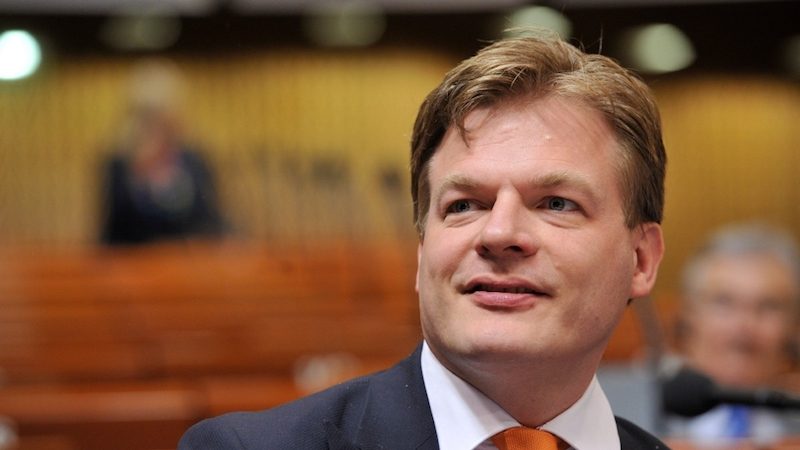Dutch MP Pieter Omtzigt has been appointed as Special Rapporteur of the Parliamentary Assembly of the Council of Europe on the assassination of Daphne Caruana Galizia.
Malta is the first EU member state to be subjected to the scrutiny of a special rapporteur. Only two special rapporteurs have ever been appointed before on individual cases, both related to political murders in Russia.
Pieter Omtzigt, a Christian Democrat MP, has been an extremely effective campaigner to end corruption in the Council of Europe’s Parliamentary Assembly and trigger an external inquiry into the Azerbaijan-laundromat revelations.
The legal affairs committee on the Council of Europe just appointed me as rapporteur on the report on the assassination of Daphne Caruana Galizia in Malta
— Pieter Omtzigt (@PieterOmtzigt) April 23, 2018
Although the Maltese government falsely claimed the Council of Europe had “ruled out further action” on investigations on the assassination of Daphne Caruana Galizia, Omtzigt’s appointment increases the chances of seeing broader accountability in Malta.
Earlier this month, misleading reports, with headlines reading ‘Council of Europe expresses confidence in Maltese authorities over slain journalist investigation‘ and ‘CoE ministerial body rules out further action on murder,’ stunned the General Secretary Secretary of the EFJ, Ricardo Gutiérrez, as well as other journalists and diplomats in debates on social media among those who could not comprehend why the Maltese media repeated the Maltese government spokesperson Kurt Farrugia’s “case-closed” message.
The misleading reports were based on a short reply to a question asked Omtzigt to the Council of Europe’s Committee of Ministers.
Omtzigt asked whether the Committee of Ministers was planning to request formal explanations from the Maltese government on “its police force’s failure to investigate evidence of money laundering by government officials and their relatives, on its failure to adequately protect Caruana Galizia and on the protection it intends to afford to the relevant whistleblowers”.












